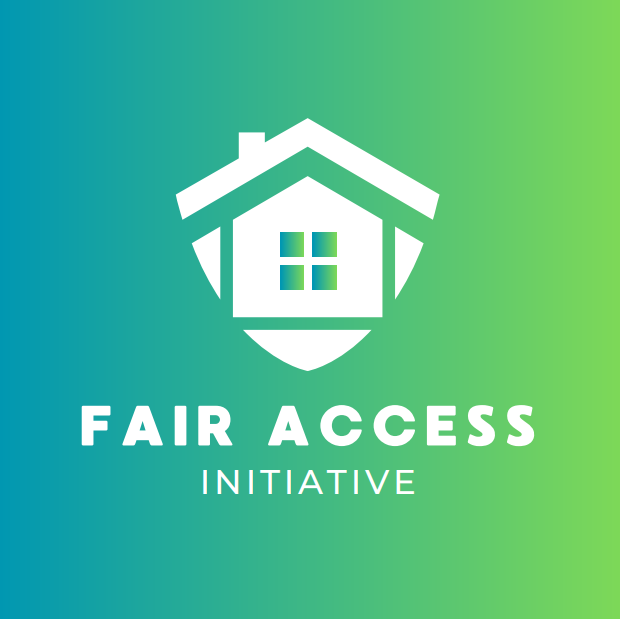A New Era for Home Care
FAIR Vision 2026
"IN A TIME MARKED BY LIMITED RESOURCES AND FIERCE COMPETITION, OUR MISSION IS TO ENSURE THAT THE NEEDS OF PROVIDERS AND PATIENTS ARE EFFECTIVELY ADDRESSED."
- Sasha Guillaume, FAIR President
The FAIR Access Initiative recognizes New York's urgent need to protect—rather than weaken—the home care sector within an overall challenging fiscal outlook.
While the community's needs are only increasing and there is a rising demand for more and better care, providers and payors face severe workforce shortages, increasing costs, and stagnant reimbursement.
Further reductions are expected and would only destabilize essential services and jeopardize the ability of seniors and people with disabilities to remain safely at home.
To address these systemic challenges, FAIR is working proactively with lawmakers and regulators to develop and advocate for innovative as well as cost-saving programs that will strengthen the entire home care ecosystem.
Our focus is on clear, specific action to stabilize our future.
FAIR's Legislative Agenda:
As we schedule meetings with the Division of Budget and the Governor's office, FAIR will discuss the following crucial priorities for the upcoming fiscal year:
1
Fair Compensation and Financial Equity
- Tackling financial inequities faced by home care providers outside of NYC - specifically in Long Island, who are currently reimbursed $2 to $3 less per hour than those in other regions, which creates a detrimental two-tiered system. Addressing this disparity is crucial for the recruitment and retention of workers, ensuring stable access to care.
- Requiring transparency by mandating managed care organizations (MCOs) to disclose their payment rate calculations to enhance oversight and ensure fairness for home care workers.
2
Systemic Efficiency and Quality
- Developing Unified Systems to eliminate duplicative evaluations by Managed Long Term Care Plans, ensuring a single, consistent plan of care.
- Creating a Continuum of Care by streamlining services and adopting a hybrid PACE model to both reduce redundancy and improve outcomes while saving costs.
- Centralizing Aide Training through a unified system for tracking aide training hours to reduce redundancy and costs across the industry.
3
Regulatory Reform and Access Preservation
- Eliminating the LHCSA RFO: Requesting the elimination of the current Licensed Home Care Services Agency Request for Offers.
- Addressing the NHTD Cap: Raising concerns over the NHTD enrollment cap, which limits services to 9,400 individuals without establishing a waitlist, thereby restricting access to care.
Ready to Make an Impact?
Your participation is essential to our success. Here’s how you can get involved right away and become a founding member of the Fair Access Initiative.

